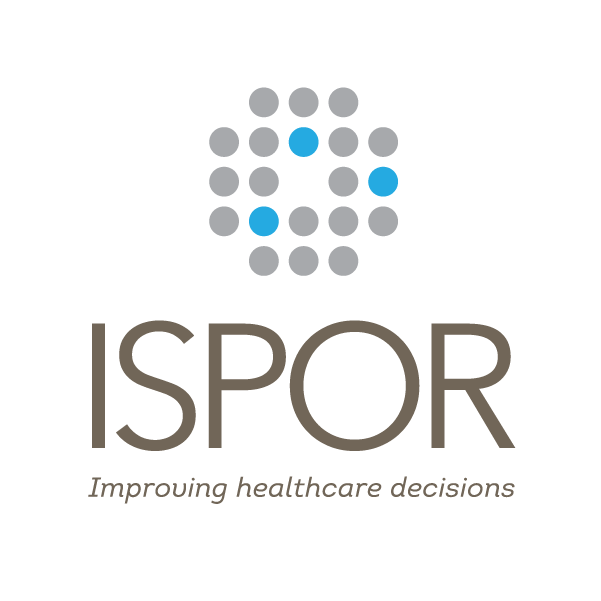Newswise — Boston, MA—May 22, 2017—The International Society for Pharmacoeconomics and Outcomes Research (ISPOR) and the International Society for Pharmacoepidemiology (ISPE) have joined forces to collaborate on a Special Task Force on real-world evidence in regulatory decision making. This initiative was the focus of an invited issue panel this morning at the ISPOR 22nd Annual International Meeting in Boston, MA, USA.
The session entitled, Joint ISPOR-ISPE Special Task Force on Real-World Evidence in Regulatory Decision Making: Will Transparency Improve Acceptability? [IP2], was moderated by C. Daniel Mullins, PhD, Professor, Pharmaceutical Health Services Research, University of Maryland School of Pharmacy, Baltimore, MD, USA. Panelists included:
- Marc Berger, MD, Vice President, Real World Data and Analytic, Pfizer, Inc., New York, NY, USA
- Danica Marinac-Dabic, MD, PhD, Director, Division of Epidemiology, Office of Surveillance, Center for Devices and Radiological Health, United States Food and Drug Administration, Silver Spring, MD, USA
- Pall Jonsson, PhD, Senior Scientific Adviser, Science Policy and Research Programme, National Institute for Health and Care Excellence, Manchester, UK
Interest continues to grow in the use of converting real-world data into real-world evidence to help augment “gold standard” clinical trial evidence and inform health care decision making. The panelists explored several of the concerns regarding the use of real-world evidence, including lack of randomization, data quality, potential for spurious results due to data mining, and how medical coding complexity can make it difficult to reproduce results. While these issues do influence perceptions of the credibility and use of real-world data, the ISPOR-ISPE Special Task Force is working to develop recommendations to help ease these concerns and make real-world evidence more useful for health care decision makers.
The panelists presented the ISPOR-ISPE Special Task Force recommendations and discussed their potential feasibility and acceptability among health care decision makers in real-world settings. The ISPOR-ISPE initiative is planning to produce two coordinated task force reports that propose standards for real-world evidence; one focusing on the issue of transparency and the other centered on reproducibility of results.
Additional information on the ISPOR 22nd Annual International Meeting can be found here. Released presentations from the conference can be found here. Interested parties can follow news at ISPOR’s press site and on social media using the conference hashtag #ISPORBoston.
###
ABOUT ISPOR
The International Society for Pharmacoeconomics and Outcomes Research (ISPOR) is a nonprofit, international, educational and scientific organization that promotes health economics and outcomes research excellence to improve decision making for health globally.
Web: www.ispor.org | LinkedIn: http://bit.ly/ISPOR-LIn | Twitter: http://bit.ly/ISPOR-T (@ISPORorg) | YouTube: http://bit.ly/ISPOR-YT | Facebook: http://bit.ly/ISPOR-FB
ABOUT ISPOR GOOD PRACTICES FOR OUTCOMES RESEARCH TASK FORCE REPORTS
ISPOR has earned an international reputation for research excellence based, in part, on its Good Practices for Outcomes Research Task Force Reports. These highly cited reports are expert consensus guideline recommendations on good practice standards for outcomes research (clinical, economic, and patient-reported outcomes) and on the use of this research in health care decision making. ISPOR Task Forces are comprised of subject matter experts representing different stakeholders from diverse work environments (i.e., regulators, payers, manufacturers, technology assessors, etc. from research, government, academic, and industry sectors around the world). All ISPOR Good Practices for Outcomes Research Task Force Reports are published in the Society’s scientific journal, Value in Health, and are made freely available as open access articles as part of the Society’s
